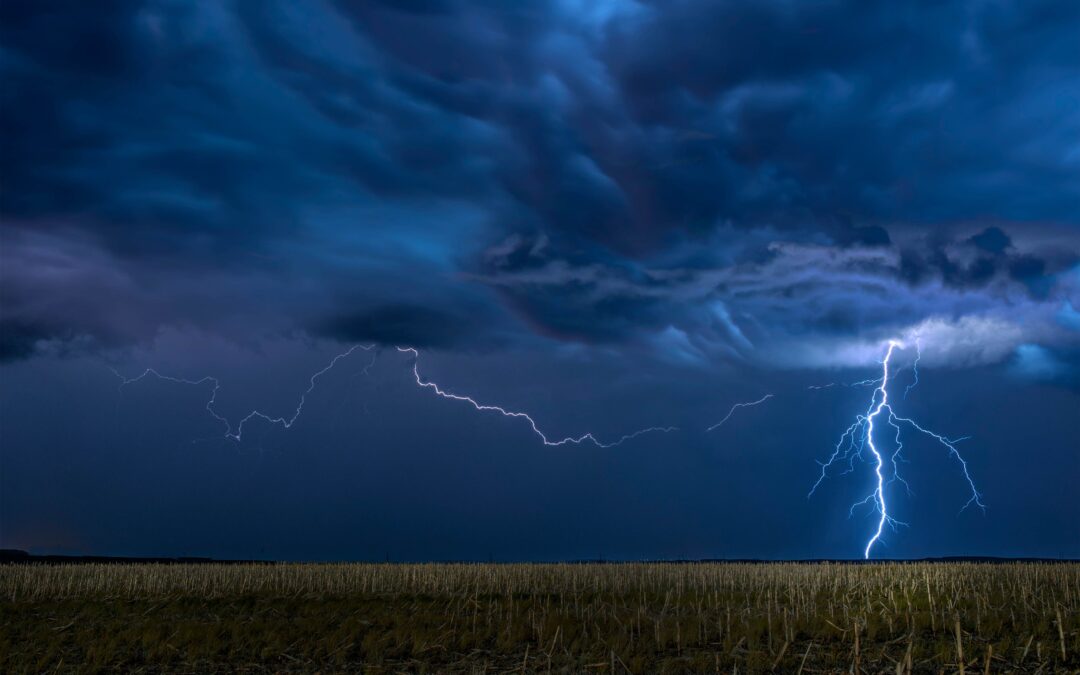On behalf of the Grantmakers for Effective Organizations (GEO) staff, board, and community of colleagues representing multiple industry sectors and areas of focus, we reiterate our gratitude for being included in the 2021 cohort of grant recipients for Mackenzie Scott. In this same spirit, it is my pleasure to share a few key insights about the impact of these resources on our work after two years.
For GEO, the impact has been equally immediate and enduring, qualitative and quantitative. For example, the timeliness and speed of the grant process, which reflected so many trust-based practices, boosted board and staff morale through a period in GEO’s organizational life-cycle that was characterized by lingering challenges from our executive leadership transition. During the first year, the good will demonstrated through the minimal administrative burden of this gift generated a sense of freedom and momentum. This orientation helped us move together, undistracted, through ongoing restorative efforts to reinforce role clarity and organizational stability. During the second year, the influx of resources provided a shared sense of spaciousness for reflection and deliberation, “breathing room” for board and staff to regroup psychologically, which helped us shift our collective mindsets toward rebuilding, overcoming a variety of structural hurdles, and addressing organizational priorities more efficiently.
Indeed, after decades of promoting the benefits of flexible, reliable funding for nonprofit grantee partners, we were now enjoying our largest grant ever in the form of unrestricted dollars. This alone afforded critical psychological space which we leveraged into creative scenario planning, integration of equitable policies, and essential team building. However, the one-time nature of the grant leaves us imagining what else would have been possible if these flexible resources were accompanied by the reliability that a multi-year cycle ensures. How much more could we have achieved?
Overwhelmingly, the positive impact of these general operating resources accelerated GEO’s efforts. Without question, the infusion of unexpected resources provided a counterbalance to the economic uncertainty caused by the pandemic. Additionally, the grant offered early assurance that fundraising goals for the year would be met, thereby freeing up energy and space for an enterprise-wide focus on internal workforce culture development. It also made space for external coordination among complementary philanthropic support networks such as Candid, the Center for Effective Philanthropy (CEP), the Council on Foundations (COF), Independent Sector, the National Center for Family Philanthropy (NCFP), the National Committee for Responsive Philanthropy (NCRP), and PEAK Grantmaking. For progress to be made toward the coordination of institutional strategy among this core group of overlapping organizations and networks, the time and space afforded by these grants to build rapport, share updates, and learn together was essential. Additional funding, perhaps similar to an excise investment into philanthropic infrastructure organizations, would likely sustain the coordination and development of resources aimed at generating optimal impact from philanthropic leadership, institutions, and investments.
Overall, GEO’s experience reflects the conclusion that one can read in CEP’s recent report that subjecting organizations to the limitations of restricted funding may not be required to support their efforts to advance more effective agendas for social progress. Indeed, more flexibility (and investment) would allow for expanded impact within the ecosystem of organizations sharing GEO’s mission, vision, and values. This is informed by observing several colleague organizations of varying size and focus use their grant resources to strengthen partnerships and deepen organizational capacity.
Though affirming, this fact runs counter to the unproductive narratives shaping grantmaking orthodoxy which promote unfounded concerns that large, unrestricted gifts will destabilize small, new, or community-based grassroots organizations. Our experience is that this rationale is not only unfounded, but it tends to be levied disproportionately against organizations more likely to be led by and serve communities of diverse cultures, ethnicities, and identities, thereby reinforcing the litany of inequities that confound philanthropic efforts to support thriving communities.
If the jury was ever really out on whether these types of gifts are good for nonprofits and their communities, networks, and staffs, it is now definitively in. As other recipients have noted, the monetary gift we received from Scott in 2021 was just the beginning. Alongside it, we received the invaluable gifts of spaciousness to plan and dream, trust in our ability to execute our mission, and deeper connections to our colleagues in the sector. Imagine what might be possible with more such gifts strengthening our nonprofit sector and its leaders.
Marcus Walton is president and CEO of Grantmakers for Effective Organizations (GEO).


